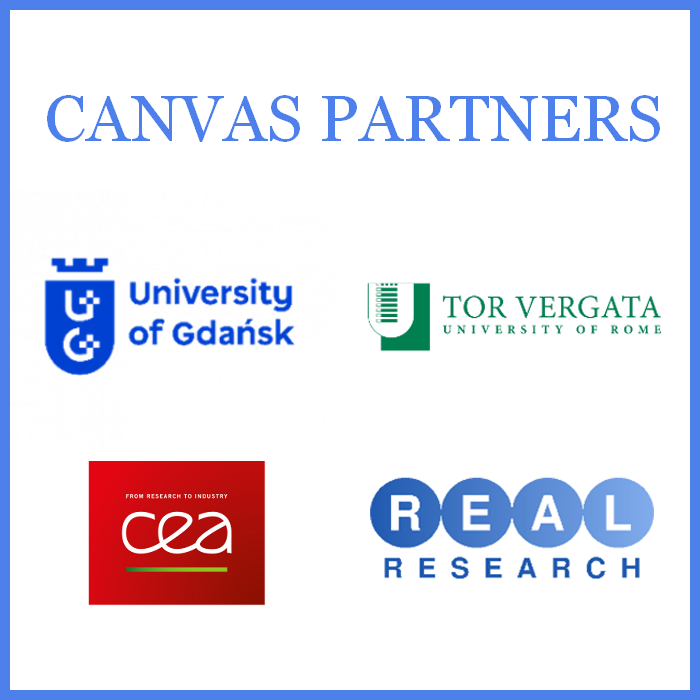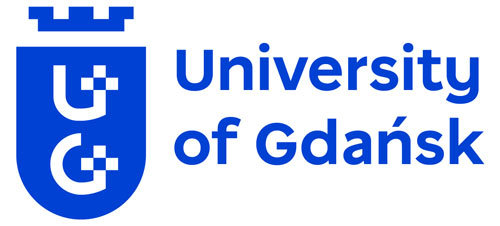The International Centre for Cancer Vaccine Science (ICCVS) will soon start the implementation of a new project “Enhancing Cancer Vaccine Science for New Therapy Pathways” (CANVAS). The partnership with the University of Rome Tor Vergata (UNITOV), Italy, and Alternative Energies and Atomic Energy Commission (CEA), France, and the Polish biotech start-up Real Research Ltd. has been recommended for EUR 1.5 m funding within the Twinning call of the Horizon Europe programme. It is the first Horizon Europe project with UG’s coordination.
The main objective of CANVAS is to significantly raise the scientific potential and gain new research tools, which will contribute to the progress of research on the therapy of non-small cell lung cancer (NSCLC) initiated by prof. Natalia Marek-Trzonkowska at ICCVS. A vital part of the project is a joint pilot study, which will allow to select an optimal research model for the assessment of the efficacy of the developed therapy. “All groups at ICCVS work at various aspects of cancer immunotherapy. We believe that a multidisciplinary approach to the research question and combining various points of view is crucial for developing new anti-cancer strategies. The CANVAS project is a platform, which will allow us an in-depth preparation for the therapy of non-small cell lung cancer with the support of international partners” – says prof. Natalia Marek-Trzonkowska, director of ICCVS and coordinator of the CANVAS project. “Moreover, this project is an exceptional opportunity for establishing a long-term scientific collaboration aimed at increasing research and innovation capabilities of ICCVS”.
The project comprises visits and exchange stays with the partners aimed for training in various aspects of cancer-immunology research, scientific summer/winter schools and workshops designed to transfer knowledge between the partners as well as a creating a space a for jumpstarting new research ideas. In addition, the project includes training in transferable skills, upgrade of grant writing and research management skills, which will definitely improve ICCVS’ long-term competitiveness in obtaining funding for further research. “CANVAS provides amazing professional development opportunities for researchers as well as research managers and administrators,” says Izabela Raszczyk, director of administration at ICCVS, involved in CANVAS project management.
The CANVAS project will certainly lead to raised quality of research and affect the institutional capability of attracting and retaining research talents, strengthening UG’s position as an appealing environment for outstanding researchers. The consortium members hope that the achieved outcomes will bring them much closer to starting clinical trials.



